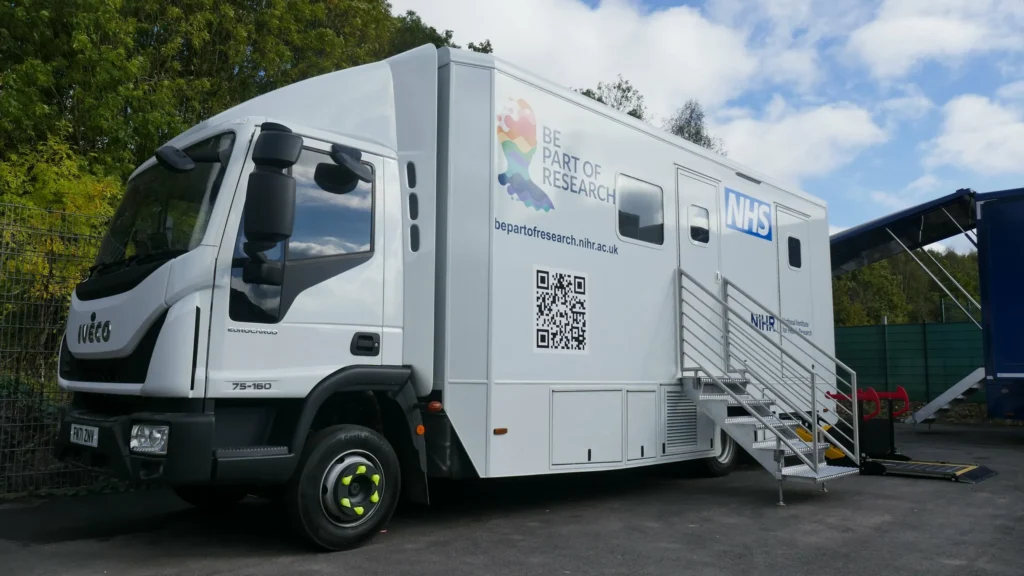In recent years, mobile clinics have emerged as a revolutionary solution in the delivery of healthcare services. Designed to bring essential medical support directly to communities, these specialist vehicles are not only redefining accessibility but also enhancing efficiency and outreach in healthcare systems across the UK and beyond.

A New Approach to Community Health
Traditional healthcare settings—such as hospitals, GP surgeries, and walk-in centres—are often limited by geography and infrastructure. For people living in rural, underserved, or densely populated urban areas, accessing timely care can be a challenge. Mobile clinics offer a powerful alternative by travelling to where they are needed most, whether that’s a small village, a school, a workplace, or a city centre.
These mobile units are fully equipped with everything from consultation rooms and diagnostic tools to laboratory equipment and even minor procedure facilities. With the ability to provide services such as immunisations, health screenings, dental care, and mental health support, mobile clinics are improving early detection rates and reducing pressure on fixed-site healthcare providers.
Designed for Purpose, Built for People
Every mobile clinic is custom-built to serve a specific purpose. Whether it’s a mobile eye screening unit, a blood donation vehicle, or a complete dental surgery on wheels, a team of expert designers and engineers will ensure every trailer or vehicle is practical, durable, and easy to operate.
Requiring chassis fabrication and extensive customisation options, these mobile units are constructed with both patients and staff in mind. Considerations like accessibility, hygiene, storage, and temperature control are carefully planned into every project. The result is a healthcare environment that is comfortable, compliant, and capable of delivering a high standard of care, wherever it is deployed.
Supporting Public Health Initiatives
The versatility of mobile clinics makes them particularly useful during public health campaigns. For example, during vaccination drives or health awareness weeks, mobile units can be dispatched to high-footfall areas like shopping centres, campuses, or events to maximise outreach.
They are also invaluable in times of crisis. During the COVID-19 pandemic, mobile testing and vaccination units played a crucial role in reaching communities quickly and safely. This adaptability ensures mobile healthcare continues to be a strategic asset for both the NHS and private providers.
Sustainability and Scalability
Beyond their immediate impact, mobile clinics also align with broader goals in healthcare innovation. By reducing the need for new bricks-and-mortar facilities, they help lower carbon footprints and enable services to be scaled up or down based on need. For charities, NGOs, or local councils with limited budgets, mobile healthcare offers a cost-effective alternative that doesn’t compromise on care.
Furthermore, with modern materials and energy-efficient systems, today’s mobile units are more sustainable than ever. Solar panels, battery storage, and smart energy management systems can be incorporated to reduce reliance on external power sources.
The Road Ahead
As healthcare continues to evolve, mobility will remain a key part of the solution. Mobile clinics are not a replacement for traditional healthcare settings but a complement to them—extending reach, improving flexibility, and increasing access for those who need it most.
With rising demand for preventative care, population health initiatives, and innovative service delivery models, the future of mobile healthcare is promising. And thanks to industry leaders like NEAT Vehicles, that future is already on the move.

Leave a Reply